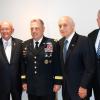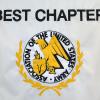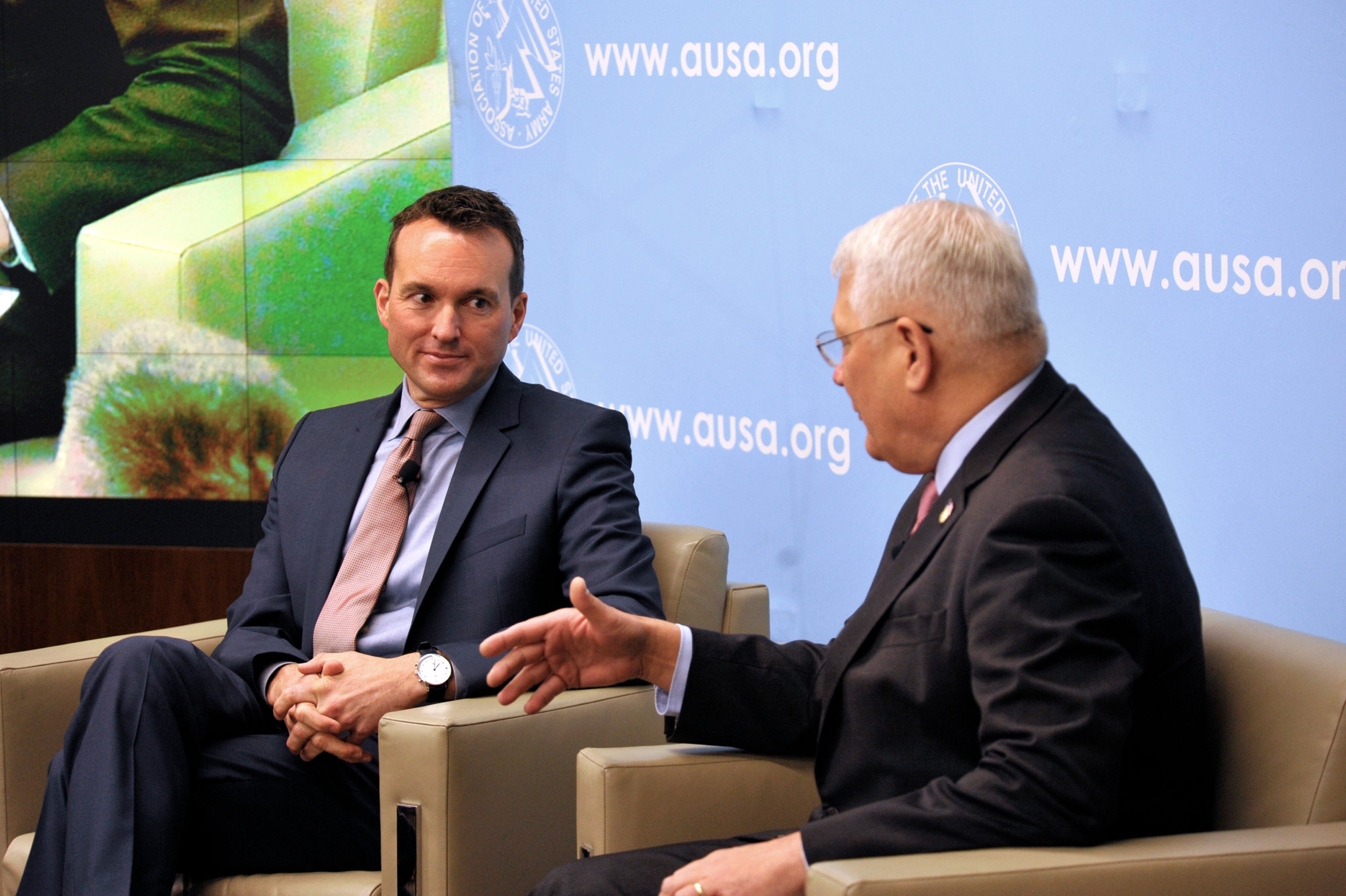The U.S. Army’s policies designed to mitigate risk may create a distortion for commanders by weighing tactical risk as less important than accidental and causing suboptimal decisionmaking.
There is no such thing as eradicating risk on the battlefield. Act too quickly, and you will make mistakes. Wait too long, and the enemy will punish you mercilessly. We expect commanders to properly balance this tension; we give them staffs, access, proximity to the battle, and authority to make decisions.
Yet combat is still a messy business. The Army proves this time and again by making mistakes such as...


















